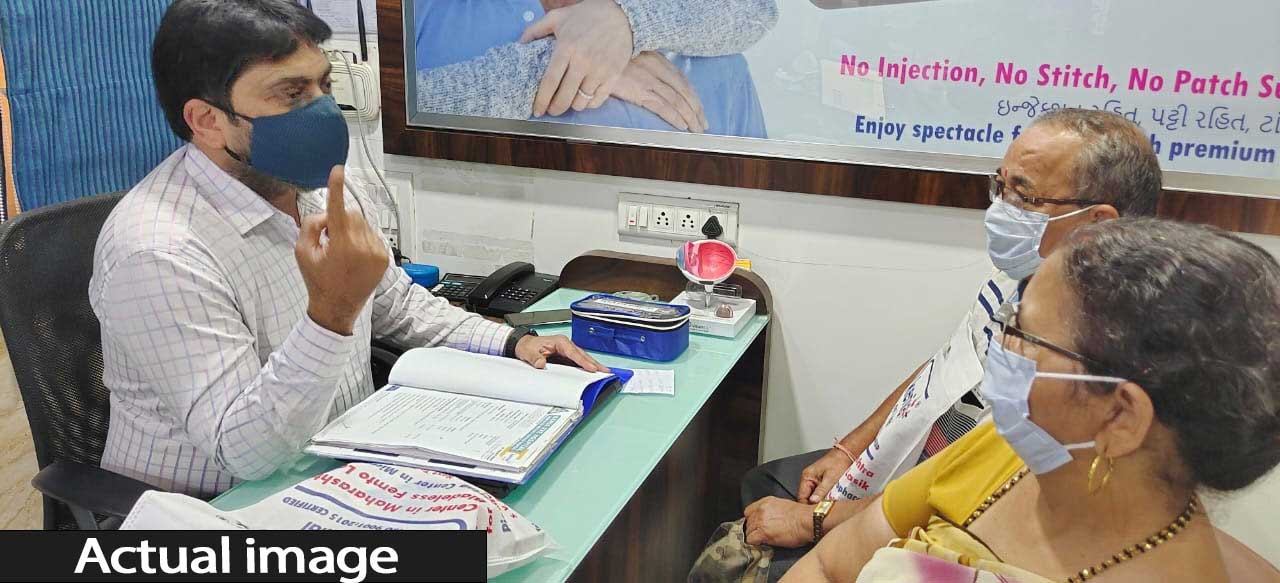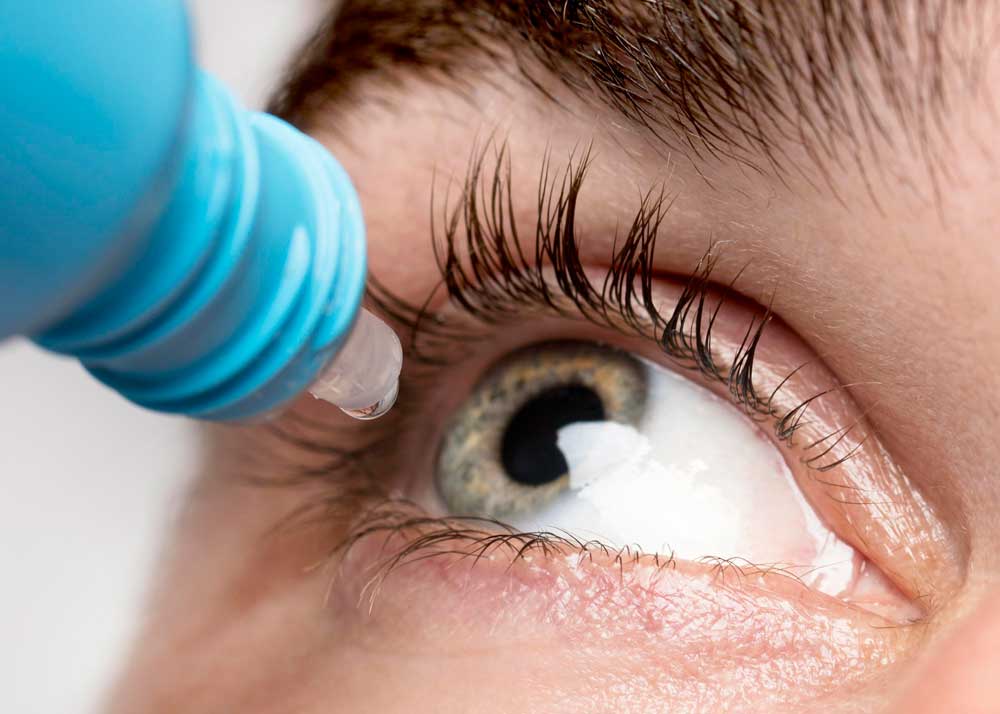The what, when how of post-cataract surgery eye care
Cataract surgery is a common procedure that helps millions of people worldwide regain clear vision and improve their quality of life. However, proper post-operative care is crucial to ensure the best possible outcome and minimize complications. In this blog, we'll explore essential eyecare tips after cataract surgery to help you navigate the recovery process smoothly.

1. Follow Your Surgeon's Instructions
Your surgeon will provide detailed instructions on how to care for your eyes after cataract surgery. It's essential to follow these instructions meticulously to promote healing and prevent complications. These instructions may include:
● Using prescribed eye drops as directed
● Avoiding rubbing or touching your eyes
● Wearing an eye shield or protective glasses as advised, especially while sleeping
● Limiting strenuous activities and avoiding heavy lifting

2. Use Prescribed Eye Drops Regularly
Eye drops play a crucial role in the healing process after cataract surgery. They help reduce inflammation, prevent infection, and keep your eyes lubricated. Make sure to administer the prescribed eye drops according to your surgeon's instructions. If you have any questions or concerns about your eye drops, don't hesitate to contact your healthcare provider.
3. Protect Your Eyes from Irritants
During the initial stages of recovery, your eyes may be more sensitive to irritants such as dust, smoke, and wind. Take precautions to protect your eyes by wearing sunglasses or protective eyewear when outdoors. Additionally, avoid swimming or exposing your eyes to chlorinated water until your surgeon gives you the green light.

4. Avoid Strenuous Activities
While it's essential to stay active for overall health, it's crucial to avoid strenuous activities that could put strain on your eyes during the recovery period. Activities such as heavy lifting, bending over, or engaging in contact sports should be avoided until your surgeon clears you for such activities.
5. Attend Follow-up Appointments
Regular follow-up appointments with your surgeon are essential for monitoring your progress and addressing any concerns that may arise. Make sure to attend all scheduled appointments and communicate any changes in your vision or symptoms you may experience. Your surgeon will assess your healing and make any necessary adjustments to your treatment plan.

6. Maintain Good Hygiene
Proper hygiene is essential to prevent infection during the recovery period. Wash your hands thoroughly before touching your eyes or administering eye drops. Avoid using makeup around your eyes until your surgeon gives you the go-ahead, and overhead bathing should be avoided to prevent water from getting into your eyes.
7. Be Patient with Your Recovery
Recovery times vary from person to person, so it's essential to be patient with your healing process. Some individuals may experience rapid improvement in their vision, while others may take longer to achieve optimal results. Rest assured that gradual improvement is normal, and don't hesitate to reach out to your surgeon if you have any concerns.
Conclusion
Cataract surgery can significantly improve your vision and quality of life, but proper post-operative care is essential for a successful outcome. By following these eyecare tips and staying in close communication with your surgeon, you can promote healing, minimize complications, and enjoy the benefits of clearer vision for years to come. Remember, your eyes are precious, so prioritize their care and protection during the recovery process.